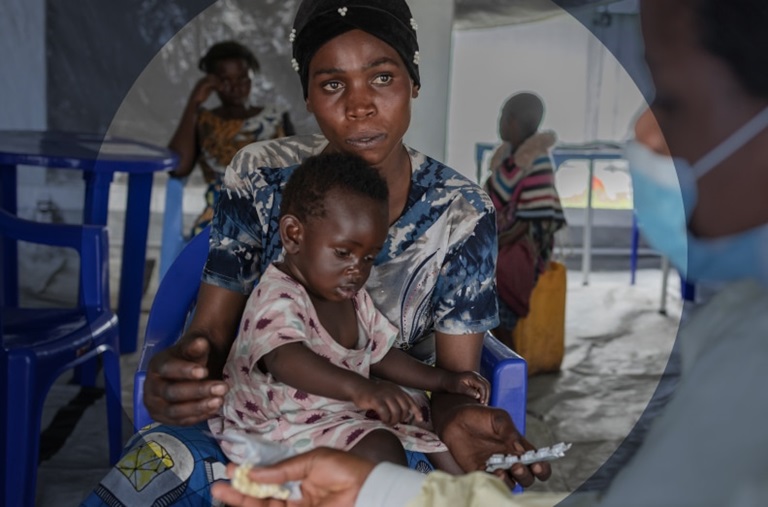In every humanitarian crisis, people are at risk of trauma, disease and death. Women, children, older people and people with pre-existing medical conditions are disproportionately affected by humanitarian emergencies. Rapid access to health-care services can mean the difference between life and death – enabling mothers to give birth safely, protecting children against infectious diseases, treating malnutrition and ensuring those with chronic diseases continue to receive vital treatment.
Failing to protect health in humanitarian emergencies not only puts lives at immediate risk, it also feeds a cycle of poverty, threatening progress on global targets for health, education, nutrition and livelihoods.
/2024-appeal-home-banner-taller.tmb-768v.jpg?sfvrsn=7223e2cb_1)


/updated-tables.tmb-1920v.png?sfvrsn=31be378e_2)